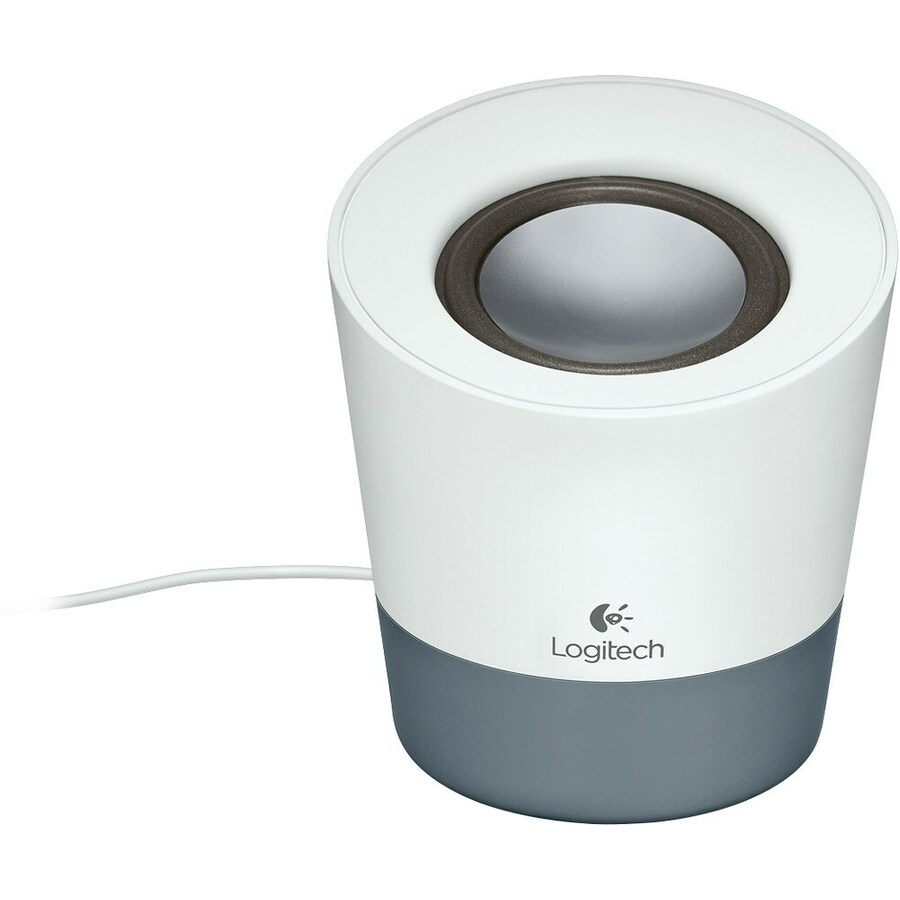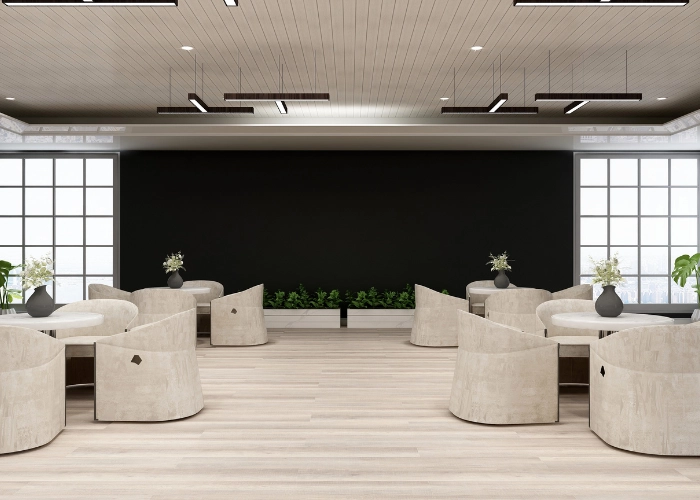The Zen Oasis: How Wellness Rooms Transform the Office Experience
In today’s fast-paced and often stressful work environments, companies are recognizing the importance of promoting employee well-being and mental health. Enter the wellness room, a dedicated space within the office that offers respite from the hustle and bustle of the workplace. Let’s explore the concept of wellness rooms in office settings, their benefits, and why they’ve become an integral part of modern workplace design.
The Rise of Wellness Rooms
Wellness rooms, sometimes known as relaxation or meditation rooms, have gained popularity in recent years as organizations increasingly prioritize the physical and mental health of their employees. These spaces are designed to provide a tranquil, stress-free environment where employees can recharge, find solace, and practice mindfulness. While wellness rooms may vary in size and aesthetics, they all share a common goal: to foster well-being in the workplace.

The Benefits of Wellness Rooms:
Stress Reduction
One of the primary benefits of wellness rooms is stress reduction. These spaces provide a sanctuary away from the demands of the workday, allowing employees to decompress and reset. Whether it’s through meditation, deep breathing exercises, or simply enjoying a few moments of silence, employees can lower their stress levels and regain focus.

Mental Health Support
The demands of modern work can take a toll on mental health. Wellness rooms provide a safe space for employees to address their emotional well-being. Whether it’s to manage anxiety, practice mindfulness, or simply take a break, these rooms are a lifeline for those in need of mental health support.

Increased Productivity
Taking short breaks in a wellness room can lead to increased productivity. A brief moment of relaxation can rejuvenate the mind and improve concentration, helping employees return to their tasks with renewed energy and focus.

Enhanced Employee Satisfaction
Wellness rooms are a tangible demonstration of an organization’s commitment to employee well-being. When employees feel supported and valued, their job satisfaction increases, leading to a more positive workplace culture and improved employee retention rates.

Healthier Work-Life Balance
Wellness rooms contribute to a healthier work-life balance. Employees can use these spaces to recharge during the workday, reducing the risk of burnout and creating a more sustainable work routine.

Designing the Perfect Wellness Room
Creating an effective wellness room requires careful consideration of its design and amenities. Here are some essential elements to include:
Comfortable Seating:
Plush chairs, cushions, and soft lighting create a welcoming and comfortable environment.
Natural Elements:
Incorporate plants, stones, or a small indoor fountain to bring the soothing effects of nature indoors.

Soundproofing:
Ensure that the room is insulated from outside noise to maintain a peaceful atmosphere.

Privacy:
Make the room a space where employees can find solitude and relaxation, away from their regular workstations.
Audiovisual Equipment:
If you want to incorporate guided meditation or relaxation exercises, consider having a sound system, speakers, or a screen for playing soothing music or videos.

Relaxing Art and Decor:
Hang artwork or decor that promotes relaxation and positive energy, such as serene landscapes or inspirational quotes.
Cultivating a Culture of Wellness
Wellness rooms are a valuable addition to any office setting, but their true impact is maximized when they are integrated into a broader wellness program. Companies should actively promote the use of these spaces, provide educational resources, and encourage employees to prioritize their well-being.
In conclusion, wellness rooms have become an essential feature of modern office design, offering employees a sanctuary for relaxation, stress reduction, and mental health support. By investing in these spaces, organizations demonstrate their commitment to the well-being of their employees, leading to increased job satisfaction, productivity, and a more harmonious work environment. The wellness room is more than just a physical space; it’s a symbol of a company’s dedication to creating a healthier and happier workforce.

Empowering Nursing Mothers: The Importance of Wellness Rooms in California Workplaces
California has long been a champion of progressive workplace policies, and the inclusion of wellness rooms for nursing mothers is no exception. The Golden State has recognized the importance of supporting working mothers in their breastfeeding journey by ensuring that workplaces provide a dedicated and comfortable space for nursing and expressing milk. Let’s explore why wellness rooms for nursing mothers are vital in California workplaces, the benefits they offer, and how they contribute to a more inclusive and supportive work environment.
California's Legal Framework
California leads the way in advocating for the rights of nursing mothers in the workplace. Under state law, employers are required to provide reasonable break time and a suitable location, other than a bathroom, for employees to express breast milk during work hours. This legal framework acknowledges the significance of supporting nursing mothers and aligns with the federal “Break Time for Nursing Mothers” law.
Creating a Comfortable and Functional Space
A wellness room for nursing mothers in a California workplace should prioritize the following elements to ensure it’s effective and welcoming:
Privacy: The room should provide complete privacy to nursing mothers, ensuring that they can express milk without interruption or fear of exposure.
Comfortable Seating: Comfortable chairs or gliders should be available, as well as a side table for nursing mothers to place their pumps or personal belongings.
Electrical Outlets: Access to electrical outlets for breast pumps is essential, as most nursing mothers rely on them for milk expression.
Refrigeration: A small refrigerator or cooler should be available for nursing mothers to store expressed milk until they can take it home.
Hygiene Supplies: Provide a sink, soap, and paper towels for mothers to wash their hands and clean pump parts.
Amenities: Consider adding calming decor, soothing lighting, and artwork to create a calming and pleasant atmosphere.
The inclusion of wellness rooms for nursing mothers in California workplaces offers numerous advantages:
Support for Working Mothers: Wellness rooms provide a supportive and accommodating environment for nursing mothers to continue breastfeeding or pumping while working.
Improved Employee Retention: Offering wellness rooms can boost employee satisfaction and loyalty, contributing to higher retention rates.
Health Benefits: Supporting breastfeeding has proven health benefits for both babies and mothers. It reduces the risk of certain illnesses and supports bonding.
Legal Compliance: By providing these rooms, California employers demonstrate compliance with state and federal laws, avoiding potential legal issues.
Enhanced Workplace Culture: A workplace that values the needs of working mothers fosters an inclusive and family-friendly culture.
Promoting Inclusivity and Equality
Incorporating wellness rooms for nursing mothers isn’t just about compliance; it’s about creating an equitable and supportive work environment where all employees can thrive. California’s commitment to workplace inclusivity extends beyond legal requirements, emphasizing the importance of nurturing the well-being of its diverse workforce.
Conclusion
In California, the provision of wellness rooms for nursing mothers is a testament to the state’s dedication to progressive workplace policies and a commitment to supporting its working mothers. These spaces offer much-needed privacy, comfort, and support for nursing mothers, contributing to a more inclusive and equitable work environment. By embracing this initiative, California workplaces not only comply with legal requirements but also cultivate a culture of care and respect for all employees.





